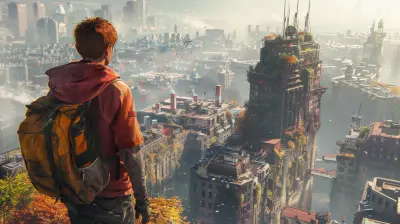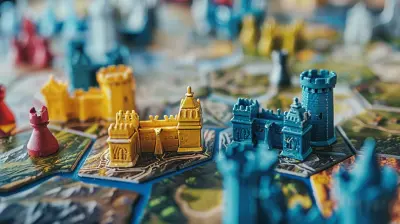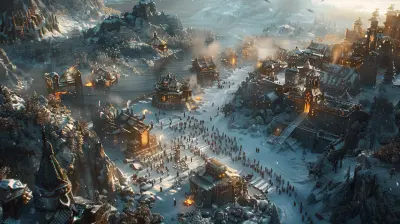The History of Games Done Quick: Charity and Speedrunning Unite
19 September 2025
Speedrunning and charity—two things you wouldn’t think go hand in hand, right? Yet somehow, when you put them together, something magical happens. That magic is called Games Done Quick (GDQ), and unless you've been living under a rock in Bowser's castle, you've probably heard of it.
This juggernaut of a gaming event has not only brought speedrunners into the spotlight but also raised tens of millions for charitable causes. So let's hit the start button and dive deep into the history of Games Done Quick—how it started, where it’s been, and why it matters.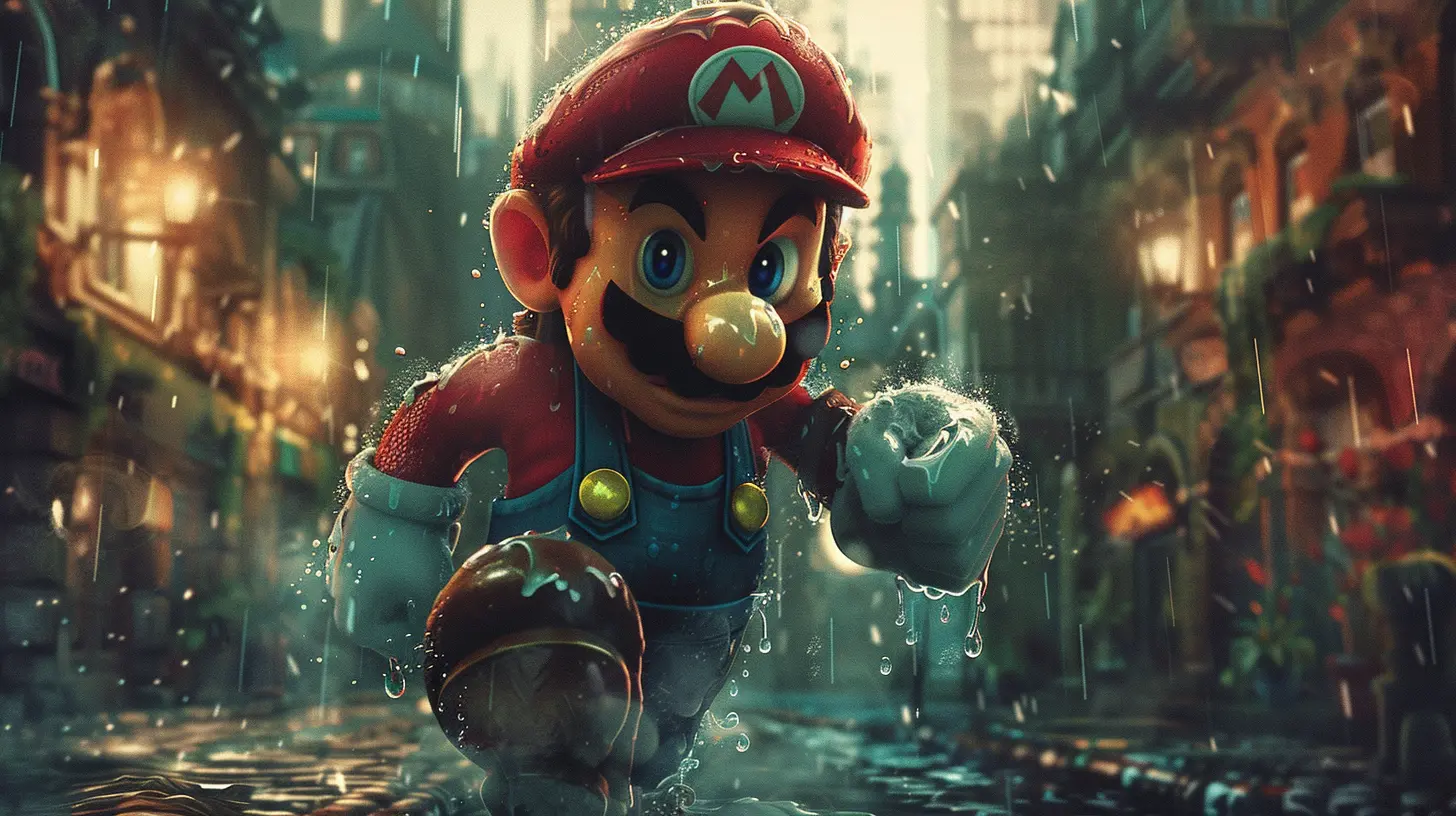
What is Games Done Quick?
Before we sprint through the timeline, let's make sure we're on the same page.Games Done Quick (GDQ) is a series of charity marathon events featuring gamers from around the world speedrunning games live. That means they're beating games—and sometimes completely breaking them—in the fastest, most jaw-dropping ways possible. All of this is streamed online, 24/7, for about a week straight, with donations from viewers pouring in for charity.
Think of it as a gaming telethon, but instead of musical numbers, you’ve got people finishing _Super Mario 64_ blindfolded. Yeah, it’s that wild.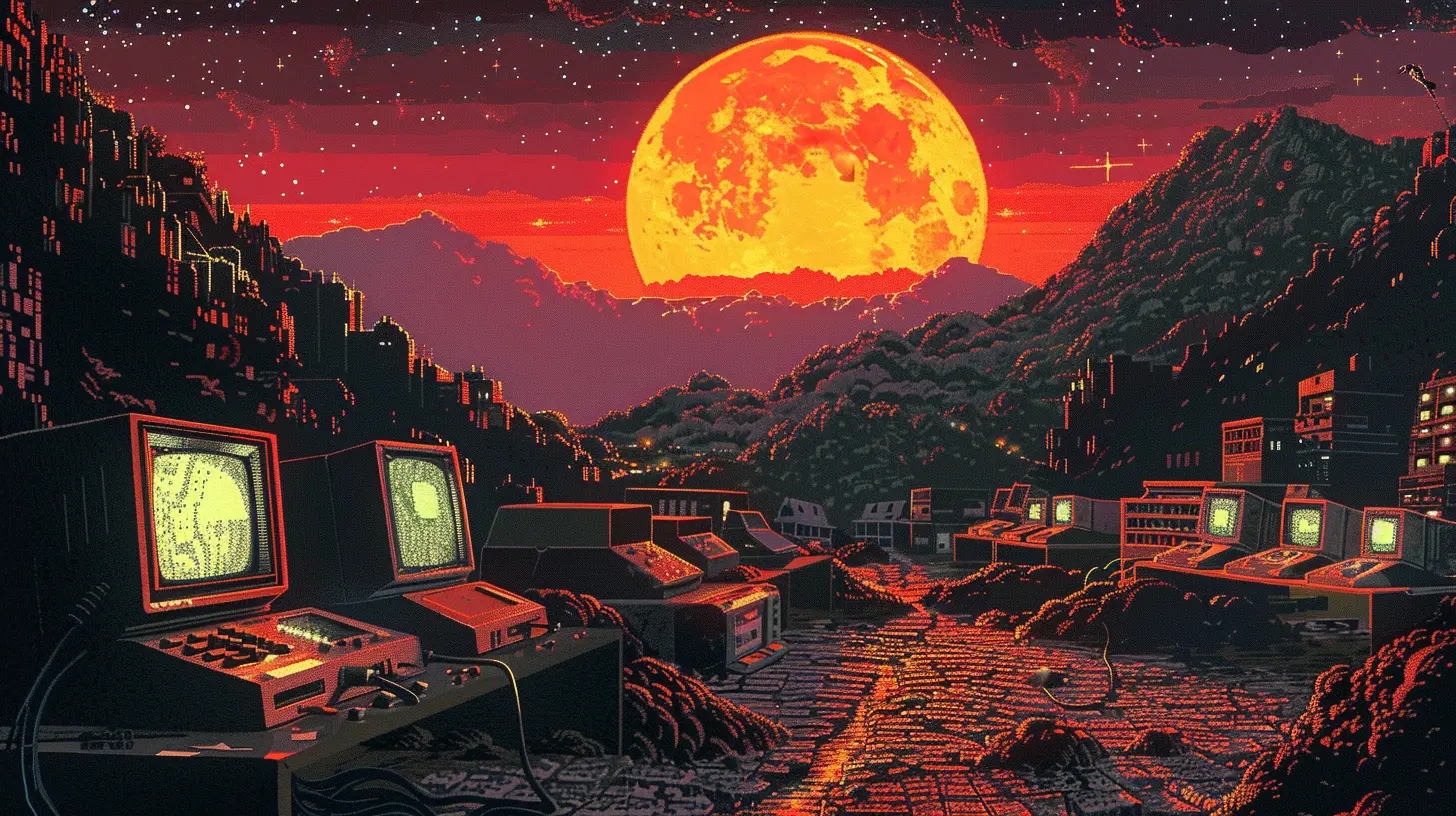
The Humble Origins: 2010
Let’s rewind a bit. Back in 2010, a group called Speed Demos Archive (SDA)—one of the OG speedrunning communities—organized a small online event called the first Classic Games Done Quick. It was a five-day, low-key affair held in a basement (seriously), and it aimed to raise money for CARE, a humanitarian organization.They wanted to bring the community together, show off cool runs, and, oh yeah—do some good along the way.
Even though it was pretty janky by today’s standards, it worked. That inaugural event raised over $10,000. Not too shabby for a first try, right?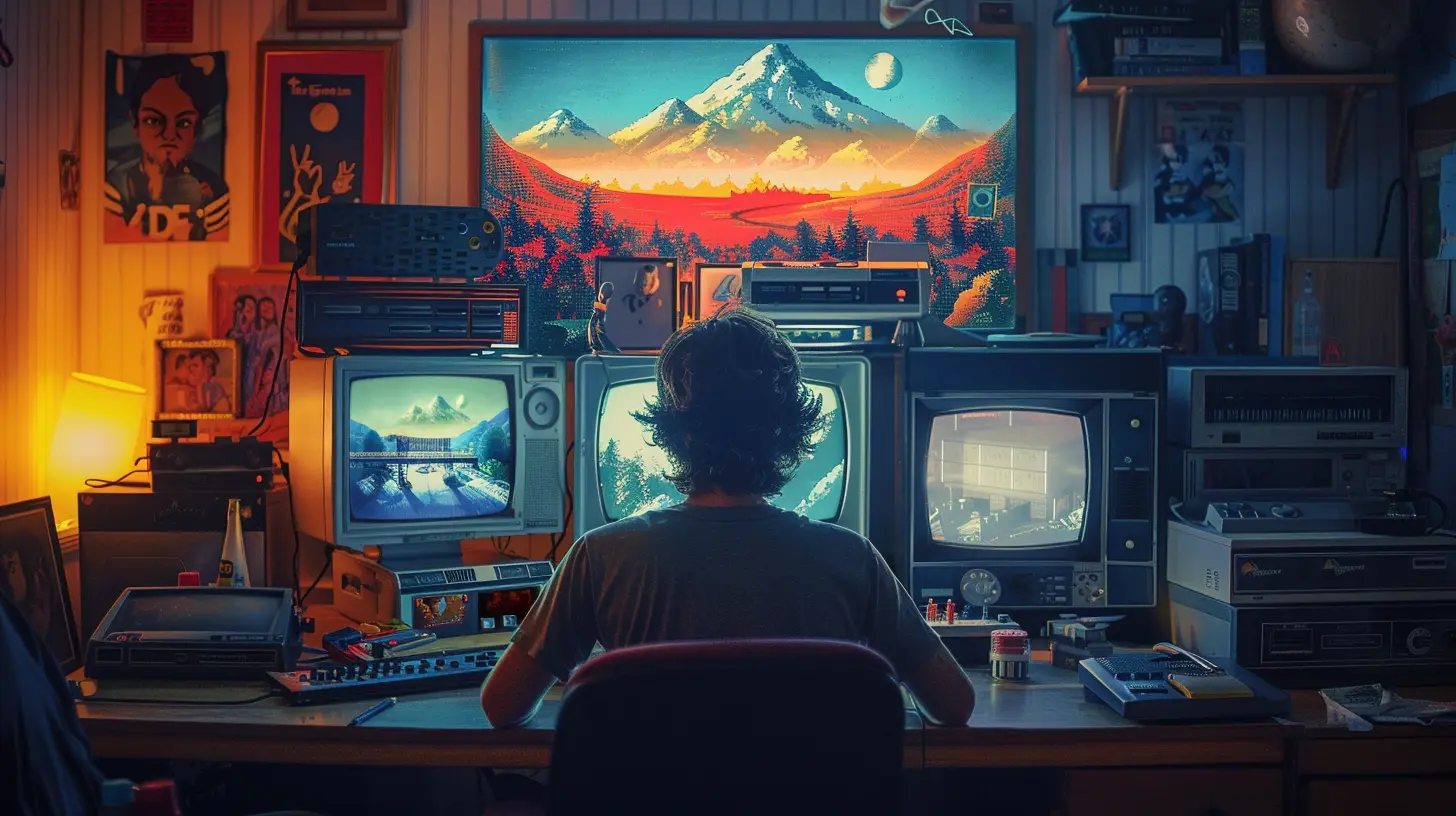
Finding Its Groove: 2011–2013
After the surprising success of the first run, GDQ leveled up—fast. In 2011, they launched the first Awesome Games Done Quick (AGDQ), which became the flagship winter marathon. That year, it brought in around $52,000 for the Prevent Cancer Foundation. Donations kept climbing, and so did the production values.Not to be outdone, the community added a summer counterpart: Summer Games Done Quick (SGDQ). Now, fans had two major events to look forward to every year.
By 2013, AGDQ and SGDQ were bringing in hundreds of thousands of dollars. These weren’t just online speedrunners anymore; they were legit fundraising machines.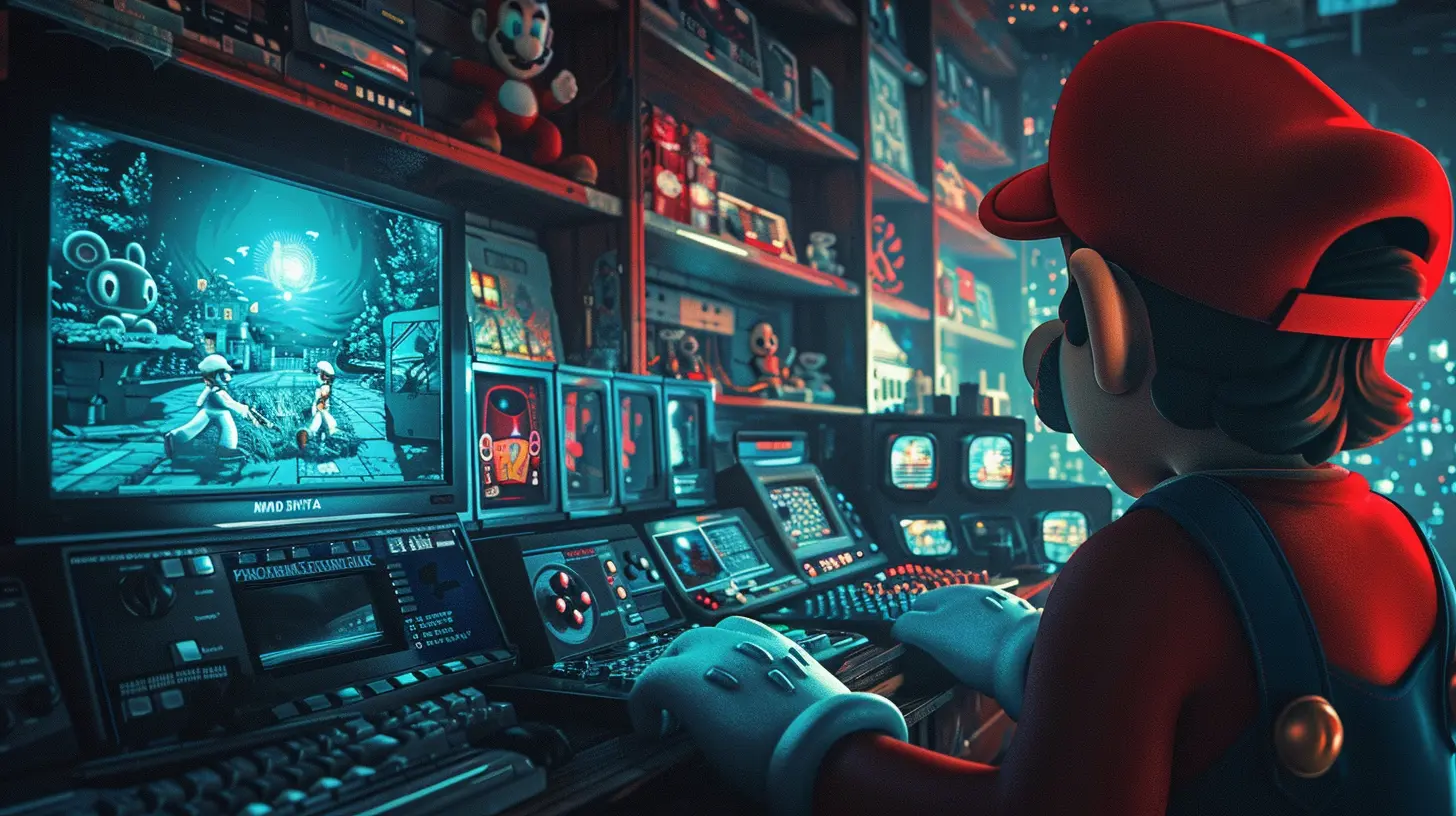
The Million-Dollar Moment: 2014
Here’s where things really exploded. AGDQ 2014 cracked the $1 million mark for the first time. That’s right—over a million dollars raised in just one week of gaming. That year, all proceeds went to the Prevent Cancer Foundation again, cementing GDQ’s status as a major player in the charity world.From then on, it wasn't unusual for each event to hit seven figures. GDQ had grown from a basement project to a full-blown cultural phenomenon.
Partnering With Great Causes
One of GDQ’s best moves? Partnering with high-impact charities. Over the years, GDQ events have supported:- Prevent Cancer Foundation
- Doctors Without Borders (Médecins Sans Frontières)
- AbleGamers
- Organization for Autism Research (OAR)
- Malala Fund
These aren’t no-name charities. They’re global change-makers, and GDQ puts real money in their pockets—all while entertaining millions.
The Legendary Runs
Let’s not forget why people tune in: the runs.GDQ is full of incredible gaming moments. We’re talking about runners doing the seemingly impossible:
- Beating _The Legend of Zelda: Ocarina of Time_ in under 20 minutes—glitches and all.
- Completing _Dark Souls_ with a dance pad.
- Running _Super Mario Bros._ while blindfolded.
- Pulling off frame-perfect tricks that would make your thumbs cry just watching.
And it's not just about skill. It's the camaraderie, the hype, the couch commentary, and those moments when the whole crowd erupts after a successful trick. It’s like esports meets improv theater with a heart of gold.
The Community Behind the Scenes
Let’s give credit where it's due. GDQ isn't just speedrunners showing off—it’s a massive community effort. Behind every successful event are:- Volunteers who schedule runs, verify donations, and keep everything running smoothly.
- Tech teams ensuring the stream stays solid (no glitches IRL, please).
- Donation readers charming the audience with memes, shoutouts, and genuinely touching moments.
- And of course, moderators keeping Twitch chat from going full chaos mode.
This tight-knit group keeps things rolling, year after year. It’s like a digital family reunion—but with less potato salad and more power cords.
Adapting to the Times: 2020 and Beyond
When the pandemic hit in 2020, live events everywhere hit pause. But GDQ didn’t fold—they adapted. In just a few months, they pivoted to online-only events.Guess what? They still raised millions.
Even from their bedrooms and homes, speedrunners showed up. And the community kept donating. AGDQ 2021 (completely remote) raised over $2.7 million for the Prevent Cancer Foundation. That’s bananas.
It proved that the spirit of GDQ isn't bound by location—just determination and love for games.
The GDQ Format: Why It Works
GDQ has a formula that works because, honestly, it’s genius. Here’s why:1. It’s Non-Stop Entertainment
The action never stops. You can tune in at 3 PM or 3 AM and find someone running something wild—like _Barbie’s Horse Adventure_ or _Celeste_ at lightspeed.2. It’s Inclusive and Welcoming
GDQ has made efforts to boost diversity and representation. Anyone can be a part of it—from indie developers to retro enthusiasts to glitch-hunting maniacs.3. The Charity Hook
You’re not just watching someone break _Metroid_—you’re donating to save lives. That’s a win-win if I’ve ever seen one.4. The Community Vibe
Chat is buzzing, the runners are cracking jokes, and donation messages bring smiles (and sometimes tears). It feels more like a digital block party than a formal event.Speedrun Culture: A New Frontier
Let’s be real—speedrunning used to be a niche hobby. Kind of like knowing how to juggle or speaking Klingon. But GDQ changed that.Now, games are being made with speedrunning in mind. Developers watch GDQ runs and sometimes even invite runners to playtest. It's become part of gaming culture.
GDQ helped legitimize the art form—and yeah, speedrunning is an art. It’s equal parts dedication, nerdy science, and showmanship.
The Power of Play: Why GDQ Matters
Sure, watching someone beat _Castlevania_ in 10 minutes is cool. But GDQ’s success lies in something deeper:It’s proof that games can do good.
In a world where gamers often get a bad rap, GDQ is the counter-narrative. It shows that the gaming community can be generous, passionate, and deeply human.
Every donation, every run, every cheer in the chat—it all adds up to something much bigger than a high score. It’s about using our shared love for games to make a real-world impact.
Memorable Moments Over the Years
Let’s hit a few highlights:- AGDQ 2017: Punchy plays _Metal Gear Solid 2_ while delivering brilliant couch commentary and stealth gameplay.
- SGDQ 2013: Cosmo destroys _The Legend of Zelda: Ocarina of Time_, introducing many to the concept of wrong-warping.
- AGDQ 2020: The Blindfolded Punch-Out Run – Yeah, someone played _Mike Tyson’s Punch-Out!!_ without seeing the screen.
- Every Bonus Incentive Ever – Watchers regularly donate to name characters, unlock secret runs, or ensure a particularly tough challenge gets attempted.
These moments aren’t just fun—they’re the heartbeat of GDQ.
What’s Next for GDQ?
Honestly? The sky’s the limit.GDQ continues to push boundaries—more events, higher goals, and stronger community ties. With technology evolving and more people turning to streaming, GDQ is in a prime spot to grow even bigger.
They’ve already inspired spin-off events, local marathons, and even speedrunning communities in different languages.
Whether they go back to in-person events full-time or embrace hybrid models, one thing’s for sure: GDQ is here to stay.
Final Thoughts
Games Done Quick is more than just a fundraiser. It’s a celebration of what makes gaming special—community, creativity, and a love for pushing boundaries. It turns games into a force for good and gives gamers a chance to show the world what they’re made of.So next time you’re watching someone beat _Final Fantasy VI_ in three hours through sheer wizardry, remember: you’re witnessing history in motion.
It’s not just about being fast. It’s about making a difference—one frame at a time.
all images in this post were generated using AI tools
Category:
SpeedrunningAuthor:

Avril McDowney
Discussion
rate this article
1 comments
Bellamy Romero
In the dance of pixels, heroes unite, Speed and charity weave a radiant light. A legacy of hope ignites!
September 20, 2025 at 2:49 AM

Avril McDowney
Thank you for capturing the spirit of GDQ! Your words beautifully reflect the community's passion and purpose.
